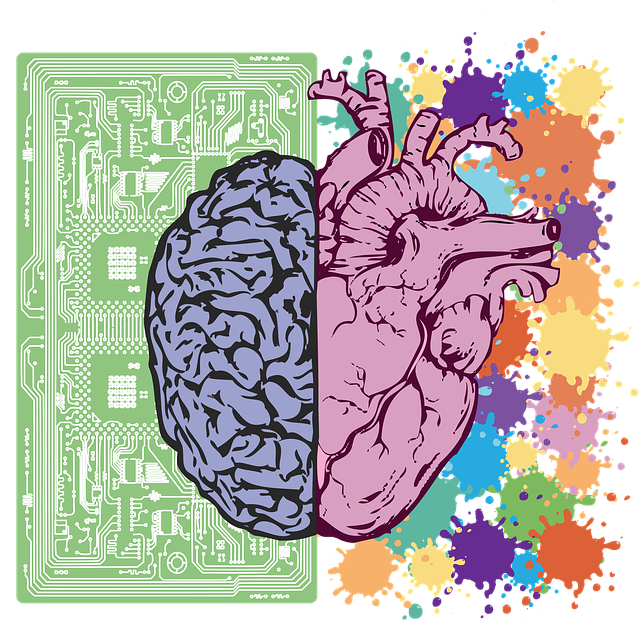
Why do they behave as they do?
Once children reach the age of nine and beyond, their behaviour, attitude, and actions may become puzzling. Teenagers are known for being easily agitated and likely to respond with a grunt or storm out of the room. This change is often attributed to their hormones, which are believed to be responsible for all the changes we can see in front of us. It is the hormones that transform your teenager into individuals who are more difficult to communicate with; it is the hormones which make them emotionally unstable. In short, hormones have a bad rap, but is that the full story?
The answer is no; hormones are not fully responsible for what we see. Over the last few years, neuroscience has shown us that there is more to the changes that affect your teenager than that. Their brain is undergoing a huge change to give them their fully functioning adult brain.
What is happening in their brain?
During early childhood, children’s brains absorb a vast amount of information and learning. However, as they reach adolescence or pre-teen years, their brains begin to undergo changes and refine themselves. This process continues until they have fully formed brains by their mid-twenties. During this period, they start creating neural pathways and connections while discarding information they no longer need. As a result, their brains become more specialised. This phase also provides an excellent opportunity for them to hone their existing skills and become more specialised. Another significant change is that the part of their brain responsible for functions like planning, emotional regulation, and decision-making shuts down for remodelling. Consequently, their brain’s security system becomes more sensitive and overreactive. Their brains begin to undergo changes and refine themselves as they reach adolescence or pre-teen years.
So what does this mean for parenting your teenager?
When they start secondary school and seem to be getting more independent, it can be easy to think they don’t need us, but is that true? The answer is no; they need you just as much as they did when they were little. Keeping that connection will be really important for supporting things like difficult emotions. They are often just as baffled as we are about why they act as they do.
Your connection with your teenager is essential for managing their behaviour. It’s important to check in with your own feelings and triggers. If your teen’s behaviour is unacceptable to you, it’s important to set clear boundaries and understand why they may be acting that way. Teens face a lot of pressure; they’re on an emotional rollercoaster, dealing with social expectations and the influence of social media. From my experience, most teens really want to talk to their parents. They often do not know how to initiate the conversation.
In short, as parents, we need to fasten our seat belts for the ride. We need to become their rational brains, pull them up when things get rude or disrespectful, listen when they want to talk, and sometimes stop and think about why they are acting as they do. To learn more about ways to support them, check out my upcoming webinars on the Teen Parent Academy.
